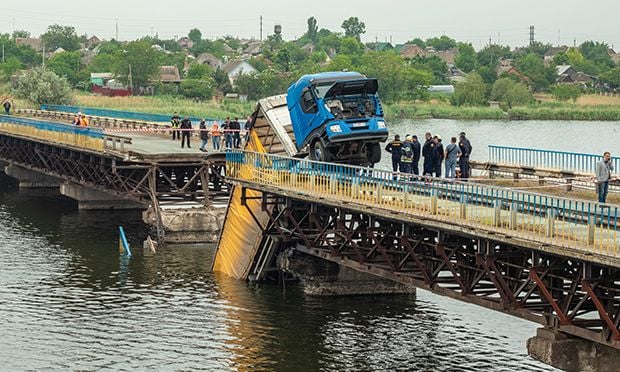 Unless elected officials push Congress to act, nothing will be done about fixing the country's failing infrastructure. (Photo: Shutterstock)
Unless elected officials push Congress to act, nothing will be done about fixing the country's failing infrastructure. (Photo: Shutterstock)
In October, PBS's "Nova" had a program entitled, "Why Bridges Fail." It focused largely on European bridge collapses, like the August 15, 2018, collapse of the Morandi Bridge in Genoa, Italy, that killed 43 people. The story also mentioned the I-35 Mississippi River Bridge collapse in Minneapolis, and the collapse of the U.S. 35 bridge over the Ohio River at Gallipolis, both discussed previously in this column.
Recommended For You
Want to continue reading?
Become a Free PropertyCasualty360 Digital Reader
Your access to unlimited PropertyCasualty360 content isn’t changing.
Once you are an ALM digital member, you’ll receive:
- Breaking insurance news and analysis, on-site and via our newsletters and custom alerts
- Weekly Insurance Speak podcast featuring exclusive interviews with industry leaders
- Educational webcasts, white papers, and ebooks from industry thought leaders
- Critical converage of the employee benefits and financial advisory markets on our other ALM sites, BenefitsPRO and ThinkAdvisor
Already have an account? Sign In Now

